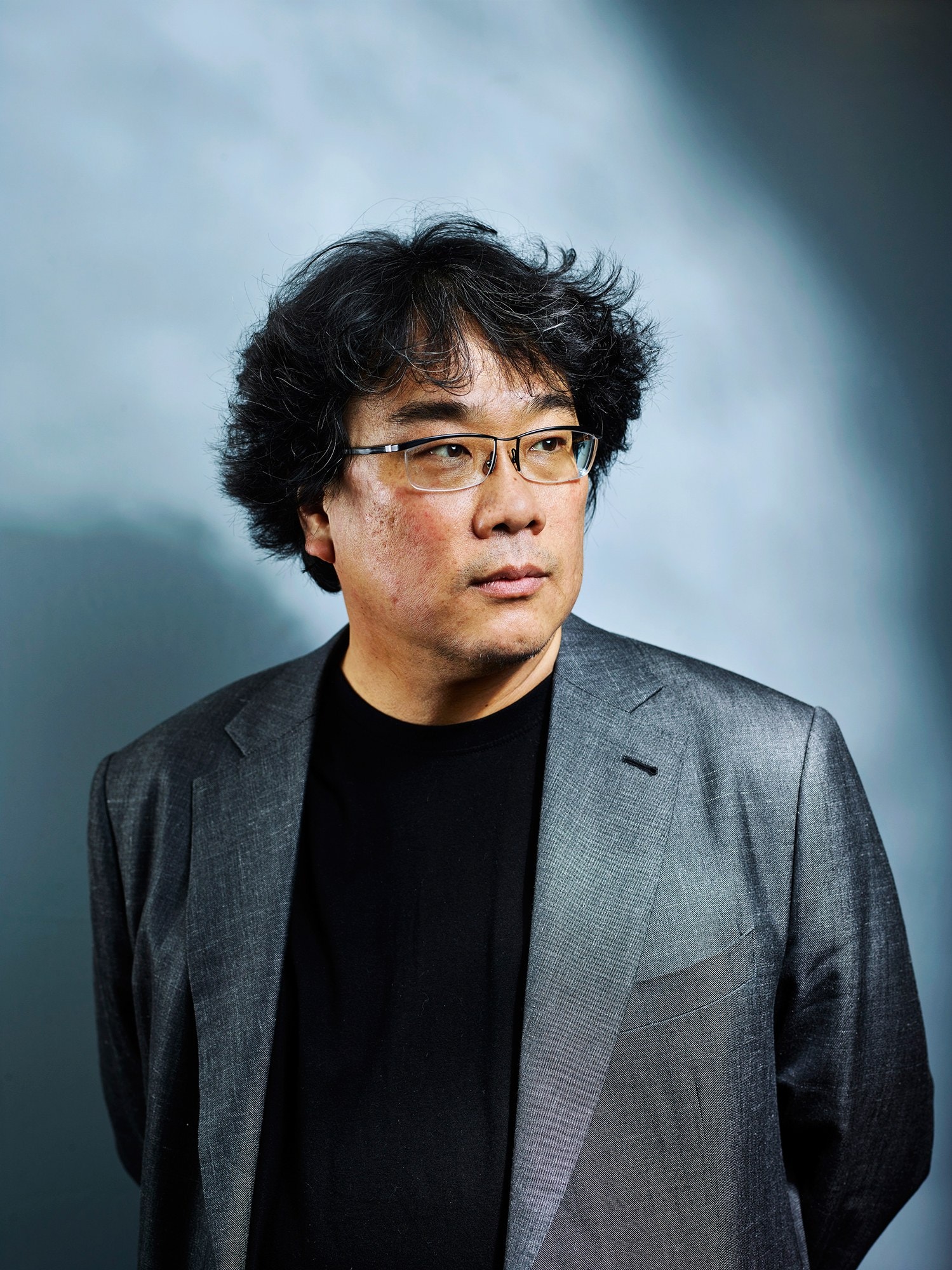
Bong Joon Ho
“Parasite,” a twisty look at a poor family’s attempts to insinuate itself into the lives of its rich employers, is a worldwide box office phenomenon, a critical sensation and a bona fide awards contender. It’s also the rare Korean film to be embraced in the United States, where it has racked up $12.5 million and counting to become the highest-grossing foreign language film of the year. Globally, it has sold more than $109 million in tickets. Clearly something remarkable is going on here, and it’s partly attributable to the way the movie’s subversive portrait of class tensions resonates at a time when economic inequality has become a dominant political issue.
It’s not just the politically driven fall film of choice for Bernie Sanders supporters. “Parasite” has exponentially raised the profile of writer-director Bong Joon Ho, who has earned a cult following over the past two decades with the likes of “Mother,” “The Host” and “Snowpiercer.” The success of “Parasite” is introducing Bong to a new generation of viewers, many of whom are likely unfamiliar with his previous work, allowing them to discover a director who is a master of shifting moods and blurring genres. “Parasite” is at once a black comedy, a searing social drama and a crackling thriller — often gliding from laughs to shocking violence in the same scene.